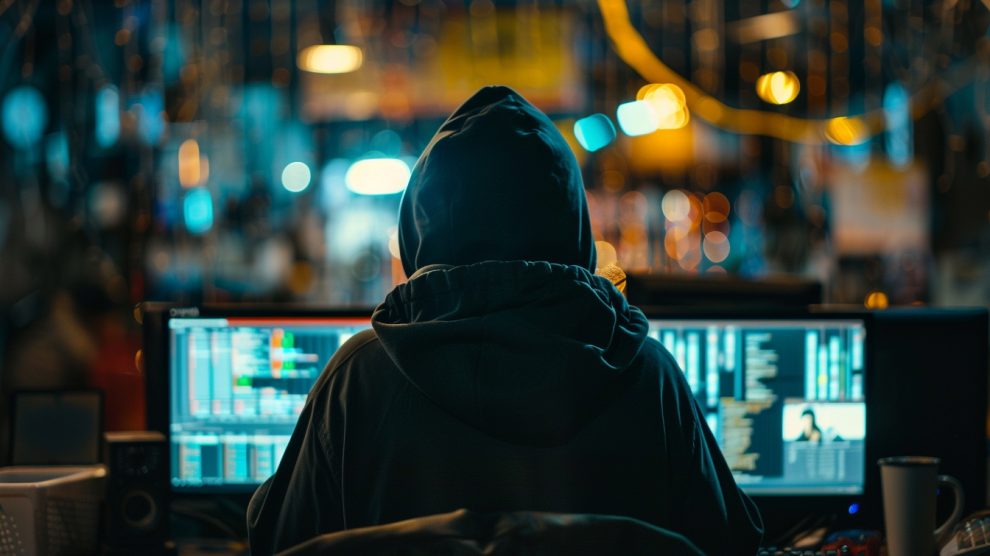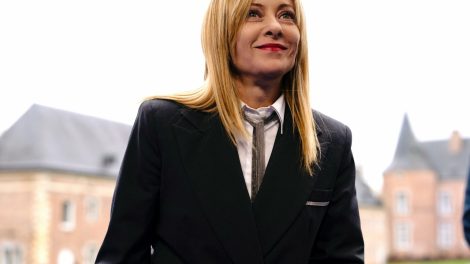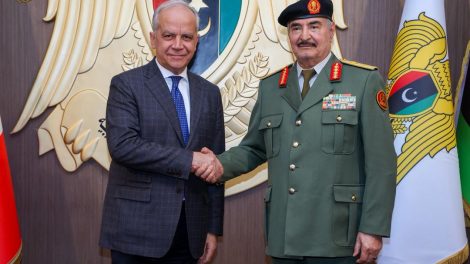Hacker claim. The pro-Russian hacker group NoName057(16) has claimed responsibility for a third consecutive day of DDoS attacks targeting Italian websites.
- These attacks—designed to disrupt network services—underscore the group’s ongoing campaign against various institutions.
- They are part of a broader Russian hybrid campaign aimed at destabilising Italy – a key member of the EU, NATO and G7 – in firm support of Ukraine in the face of ongoing Russian aggression.
What’s happening. The hackers reported hitting the websites of major financial players such as Mediobanca and Nexi and companies within the arms industry, including Benelli Armi, Fiocchi Munizioni, Franchi, and Danieli.
- Just yesterday, around twenty targets were identified, including several government ministries (Foreign Affairs, Economy, Infrastructure and Transport, Economic Development), law enforcement agencies Carabinieri and Guardia di Finanza, and public transport companies.
Trigger factor. On Monday, NoName057(16) claimed that their cyber attacks on banking and transport websites were a direct response to recent comments by Italian President Sergio Mattarella.
- The president, whose remarks had drawn criticism from Moscow, returned yesterday to discuss the conflict in Ukraine and Russia’s posture—remarks that echoed strongly during his speech at the University of Marseille on 5 February.
- In that speech, President Mattarella warned that historical patterns leading to World War II, including “wars of conquest,” were re-emerging.
- “This was the project of the Third Reich in Europe. Today’s Russian aggression against Europe is of this nature,” he stated.
- Speaking in Cettigne, Montenegro, on Tuesday, President Mattarella emphasised Italy’s clear and unwavering stance: supporting Ukraine to defend international law and sovereignty while hoping Russia might soon rejoin the values enshrined in the UN Charter.
Official reaction. Bruno Frattasi, Director General of the National Cybersecurity Agency (ACN), confirmed the link between President Mattarella’s words and the recent cyberattacks.
- In an interview with La Stampa, he explained that the attacks aim to spread disinformation and ‘pollute’ public discourse.
- “The gangs want to portray a Western country, steadfastly aligned with Europe, as vulnerable,” he remarked.
- Thanks to robust countermeasures, the impact of the attacks has been reduced and minimised.
- He further noted, “The attacks have a clear ideological inspiration; the same criminal gangs openly emphasise this.”
Picierno’s take. European Parliament Vice-President Pina Picierno, a member of the Democratic Party, noted a renewed alignment between Matteo Salvini’s party Lega and that of Giuseppe Conte, the 5 Star Movement.
- “I am convinced that this attack on Sergio Mattarella, and this escalation—from initial verbal accusations to now cyber assaults—stems from a lack of initiative regarding the hybrid activities conducted on our territory by pro-Putin elements,” she said in an interview with la Repubblica.
- She further emphasised that the European Parliament has established a special committee to analyse external interference, noting that “these conditioning activities exist and are deployed primarily by the Russian Federation”.





